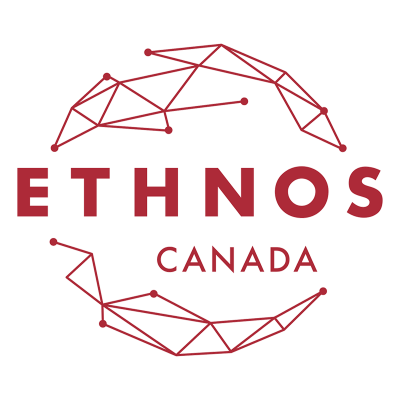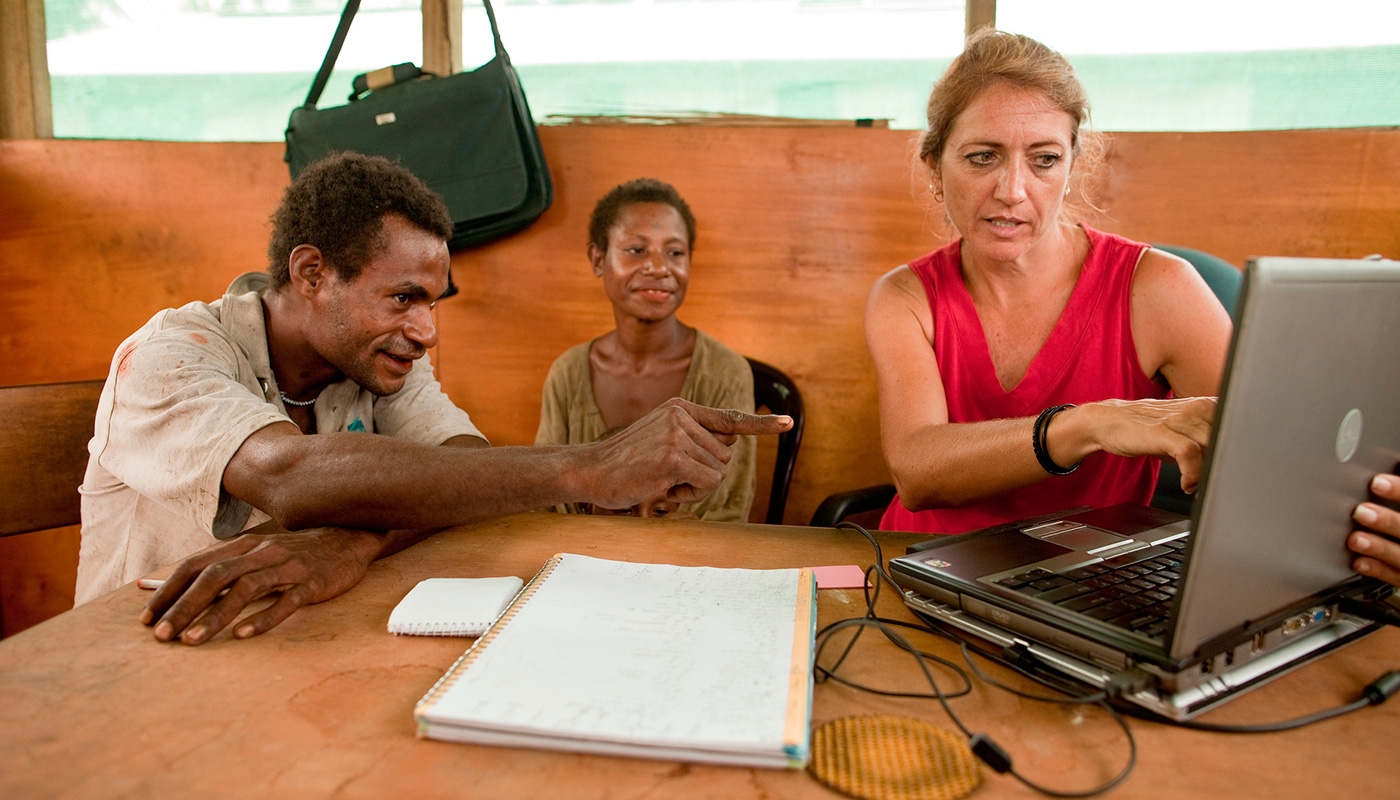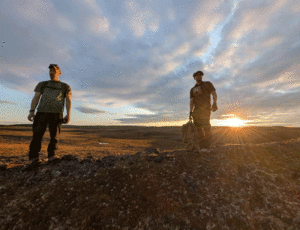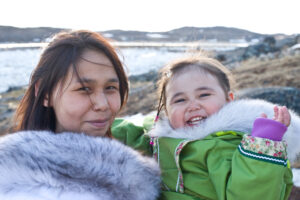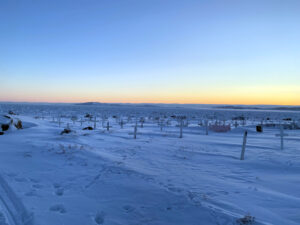The Broad Scope of Translating
When you hear about a people group getting God’s Word in their own language for the first time, you may focus on the translation of the verses and chapters and books that make up the finalized translation. It’s easy to miss the broad scope of what must take place in order for God’s Word, translated into the indigenous language, to impact the minds and hearts of the readers. It’s possible to fail to see the real costs involved.
The Unseen Costs
Bible translator Lisa Kappeler understands the costs. She knows firsthand that there’s more to translation than a solitary missionary sitting behind a desk. It takes a team. And she has one. “I can’t do translation without those guys,” she wrote about her indigenous translation co-workers. They are vital to a translation that is not only accurate, but says it like they’d say it. And they are worthy of a wage.
Translation consultant visits also bring added logistical and financial costs. Lisa tells of one such visit. “In order to make the translation check happen, I had to have the guys come out of the village as I can’t live there right now with no co-workers. Between the cost of the flights for the two guys, canoe/motor rental, fuel, housing and food just for the guys, the Uriay ministry spent something like $1,000 for this translation check.” But she says it’s worth it.
I can’t do translation without [the cross-cultural translation team]
Lisa Kappeler
And then there’s the final cost of printing the Bibles, right? Well, yes. That, along with the ongoing cost of supplies ranging from pen and paper to computers and printers. And since many Bible translators live in remote locations which are off the grid, solar panel systems are needed to generate the power to run those computers and printers.
We’d be remiss if we didn’t bring up one more integral part of the process. Though often not thought connected to the translation process, there are those missionaries preparing and teaching literacy classes to the indigenous people. Because really, what good is a translation if no one can read it?
Only the Beginning
Time and time again, God has faithfully met all these costs in time and energy, personnel, and finances. In the past 12 months, translations have been completed for the Manjui of Paraguay; the Budik of Senegal; the Quechua of Bolivia; and the Abau, Maleu, Waxe and Dom of Papua New Guinea.
But that’s just the beginning. In different countries across the globe, NTM translators are working on 110 other New Testament translations. Would you pray right now for translation projects? Would you consider being part of God’s solution for the completion of these projects through your prayers and financial gifts?
